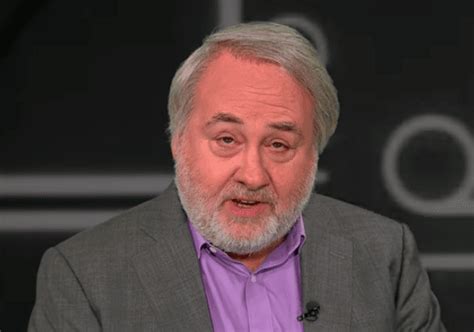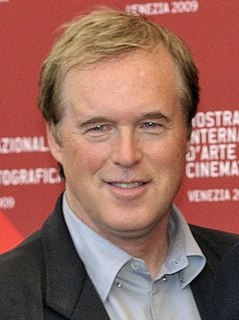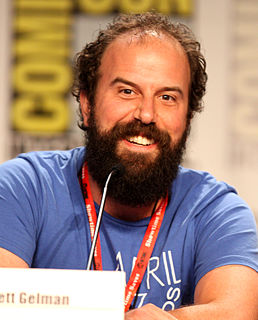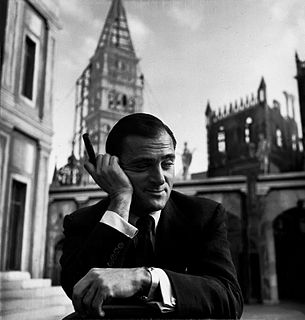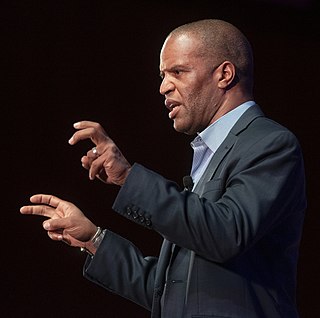A Quote by David Edelstein
You can feel righteous fury in every frame of The Magdalene Sisters. The movie is both a masterpiece and a holy hell: Watching it, you feel you're being punished for a crime you didn't commit. Which puts you, come to think of it, in the same frame of mind as those poor Magdalene girls.
Related Quotes
I think there is a lot of crime caused by desperation, and it doesn't mean that people commit crime because they're poor, but certainly a lot of people who are poor commit crime and they might not if they weren't poor. You understand the difference there? That's not news, but it comes up when I hear people say poverty doesn't affect crime - that crime is still going down in America even though the economy is bad.
I think about photographs as being full, or empty. You picture something in a frame and it's got lots of accounting going on in it-stones and buildings and trees and air - but that's not what fills up a frame. You fill up the frame with feelings, energy, discovery, and risk, and leave room enough for someone else to get in there.
A belief in moral absolutes should always make us more, not less, critical of both sides in any conflict. This doesn't mean that both sides are equally wrong; it means that since we all fall short of moral perfection, even the side whose cause is truly righteous may commit terrible acts of violence in defense of that cause -- and, worse, may feel quite justified in committing them. That is the difference between being righteous and being self-righteous. Moral standards are absolute; but human fidelity to them is always relative.
